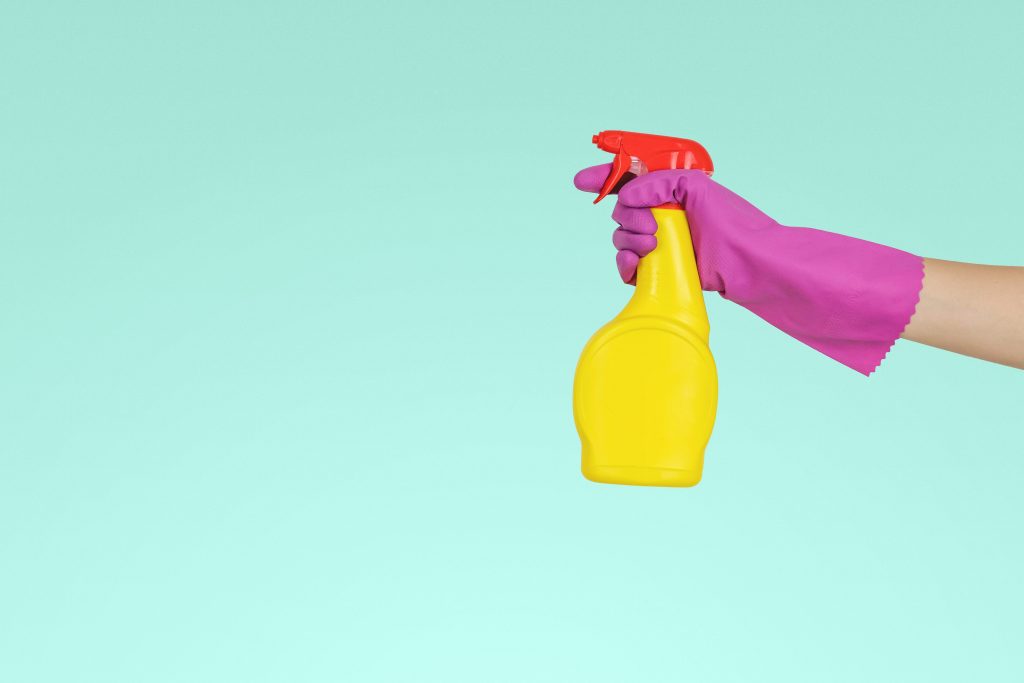Image source:
Photo by NeONBRAND on Unsplash
ALSO READ: Ask the professionals: Chefs share top tips on buying your first knife
There are some things that just clutter up your kitchen, and what better time than now to just get rid of the things that are old, dirty and just a bit gross? Here’s your guide:
Kitchen sponge
Kitchen sponges and cleaning cloths are some of the most germ-ridden items in our homes, with some experts claiming that they can harbour as many bacteria as a toilet seat! Throw them away on a regular basis – about once a month or so.
Expired cans and jars
Take a look through your pantry cupboards and check the expiration dates on packets, tins and jars. If the expiry date was in the past month, use it immediately but if the date is older, throw them away right now. The same for any old open packets of dried food like biscuits or grains.
Chipped or cracked crockery
Chipped coffee mugs and cracked bowls are not only dangerous with those sharp edges, but those chips also make for a great place for bacteria to live. Cracked crockery will never be completely clean, as germs settle into the tiny grooves. Throw them away or repurpose them somewhere else in your home. A cracked mug makes a great desk organiser and a chipped plate can be used as a pot plant drip tray.
Sauces and condiments
In the back of every fridge is a bottle of chutney or homemade jam from a long, long time ago. If you can’t remember when you opened it or if you can’t make out what it’s supposed to be (is it mayo or mustard?) then it’s time to throw it away and start fresh.
Old chopping boards
Chopping boards (especially the wooden ones) can become scored and stained with daily use, and inside those little grooves live lots and lots of bacteria. If you’re attached to your wooden chopping board, you can sand down the surface by about 2mm with sandpaper to get it back to new again. If not, chuck it out and start with a new one!
READ NEXT: Kitchen hacks: 5 tips for setting up a prep station that will make your cooking less stressful

